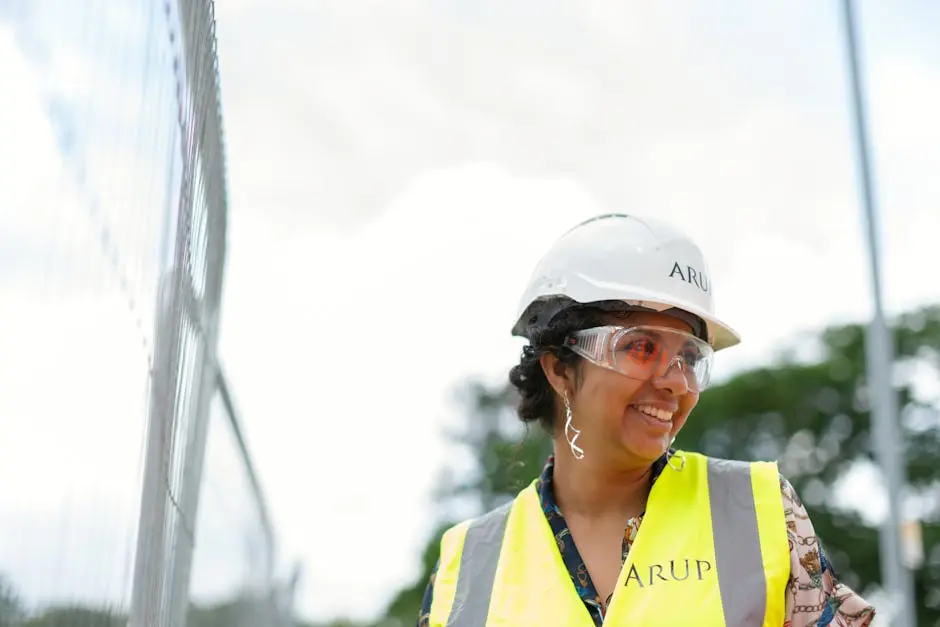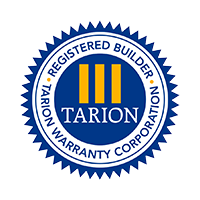Diving into construction projects presents a unique set of challenges that can vary greatly from project to project. Whether you’re a seasoned professional or new to the field, understanding these hurdles is key to navigating the construction landscape successfully. Let’s explore some of the most common obstacles you might encounter, and how to effectively address them.

Budget Overruns
One of the most pressing challenges faced in any construction project is managing the budget effectively. It’s not uncommon for projects to go over budget due to unforeseen expenses, changes in project scope, or fluctuations in material costs. Rigorous financial planning and regular budget reviews are crucial steps in mitigating these issues.
Forecasting is another key strategy in managing budgets. By anticipating potential cost overruns and allocating resources accordingly, construction managers can avoid financial pitfalls. Incorporating contingency plans into the budget can also provide a safety net that helps keep the project on track financially.
Meeting Deadlines
Adhering to project timelines can be a monumental task given the complexity and often unpredictable nature of construction work. Delayed materials delivery, weather conditions, and changes in project scope are just a few of the myriad factors that can derail schedules.
Effective project management is key to overcoming these delays. This involves realistic timeline planning, efficient resource allocation, and constant communication with all stakeholders. Using modern project management software can also enhance the ability to track progress and identify potential bottlenecks early.
Safety Concerns
Construction sites are inherently risky places, making safety another major challenge. Falling objects, machinery accidents, and work at height are some of the common safety hazards that pose a threat to workers.
To address these concerns, rigorous safety protocols and training sessions are essential. Investing in safety gear, conducting regular safety audits, and fostering a culture of safety can significantly reduce the risk of accidents.
Labor Shortages
The construction industry often faces labor shortages, which can be attributed to a variety of factors including skill gaps, aging workforce, and the physically demanding nature of the job. These shortages can lead to project delays and increased labor costs.
Building a reliable network of subcontractors, investing in training and development, and enhancing workplace conditions are some of the strategies to counter labor shortages. Additionally, embracing new technologies can alleviate some of the dependency on manual labor.
Supply Chain Disruptions
Supply chain issues can halt construction projects in their tracks. From delays in the delivery of materials to shortages of crucial components, these disruptions can significantly impact project timelines and budgets.
Developing strong relationships with suppliers and diversifying the supplier base can help mitigate these risks. Keeping a buffer stock of essential materials and exploring local sourcing options are also effective strategies to avoid supply chain disruptions.
Compliance and Regulations
Navigating the maze of construction regulations and ensuring compliance is a significant challenge. Failing to adhere to these regulations can result in costly fines and delays.
Staying abreast of local, state, and federal regulations, engaging with legal experts in the field, and implementing compliance checks throughout the project lifecycle can help ensure adherence to all necessary guidelines.
Quality Control
Maintaining high standards of quality is crucial for project success and client satisfaction. However, balancing quality with budget and time constraints can be challenging.
Implementing a quality management system, regularly inspecting work, and fostering a culture of excellence among the workforce are essential steps in overcoming quality-related challenges.
Communication Breakdowns
Effective communication is the backbone of any successful construction project. However, miscommunications between various stakeholders can lead to errors, delays, and increased costs.
Utilizing project management tools that offer real-time communication, regular meetings, and clear documentation can facilitate better communication and prevent breakdowns.
Client Expectations
Managing client expectations is perhaps one of the most nuanced challenges. Ensuring that the project meets or exceeds these expectations requires clear communication, flexibility, and a commitment to quality.
Regular updates, setting realistic expectations from the outset, and being open to feedback are key strategies for managing client relations effectively and ensuring project success.
Overcoming Construction Challenges
Navigating the challenges in construction projects requires a blend of proactive planning, effective communication, and the ability to adapt to unforeseen issues. By understanding and preparing for these common obstacles, construction professionals can enhance their strategies for successful project completion. Remember, every challenge presents an opportunity for growth and improvement in the construction industry.


